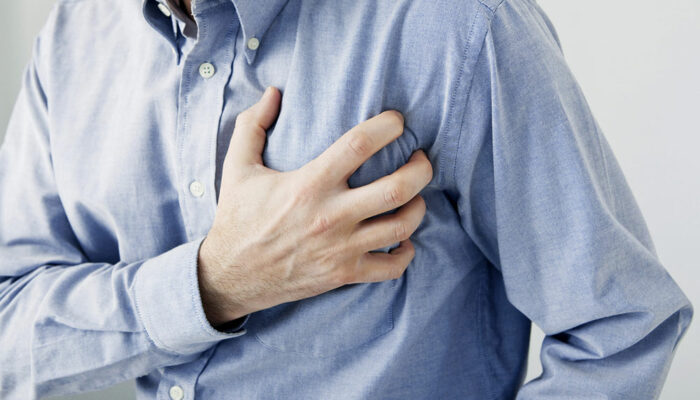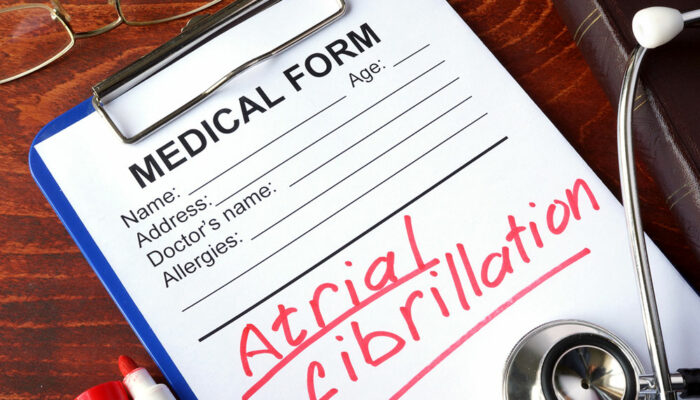
Things to know about depression
Depression is a common mental disorder associated with the hectic and changing lifestyle of today’s times. It goes beyond just feeling sad. It is a disposition disorder in which there are long time periods of sadness and a loss of interest in day to day activities. It is like carrying a heavy burden on a regular basis which typically results in a lack of interest in varied activities. Millions of citizens suffer from this condition in some form year on year making it one of the most common forms of mental disorders in the country.
Common causes of depression
While there is no one specific cause for the onset of depression, the below mentioned are the most likely triggers.
- Family history
- Self-history of anxiety, post-traumatic or stress disorder
- High stress, abuse, financial issues, the death of a loved one
- Hormonal changes
- Use of medicines like sleeping aids, blood pressure medication
Types of depression
- Persistent depressive disorder (dysthymia) is a condition which ends up lasting for a minimum of 2 years. An individual diagnosed with this disorder could experience episodes of major depression plus time periods of less severe symptoms.
- Postpartum depression happens during pregnancy where women experience major, full-blown depression during or post-delivery.
- Psychotic depression is when an individual faces severe depression as well as some type of psychosis, such as having delusions or hallucinations.
- The seasonal affective disorder is a peculiar one, with symptoms appearing when the winter arrives and when the sunlight is lesser in the atmosphere. This depression usually disappears when the spring and summer arrive.
- Bipolar disorder is episodes of enormously and awfully low moods which clash with major depression criteria. However, there could also be highs –irritable or euphoric – moods known as “mania” or a less severe form known as “hypomania.”
Signs and symptoms of depression
- Sudden mood swings
- Feelings of hopelessness, guilt, worthlessness or pessimism
- Irritability
- Digestive issues, cramps, headaches, pains, and aches sans a clear physical cause and/or which don’t ease even after treatment
- Thoughts of death or suicide, or suicide attempts
- Appetite and/or weight changes
- Oversleeping, early-morning awakening, or difficulty in sleeping
- Difficulty in making decisions, remembering or concentrating
- Feeling restless or having trouble sitting still
- Moving or talking more slowly
- Decreased energy or fatigue
- Losing interest in hobbies and activities
- Trouble with concentration, memory, or making decisions
Risk factors
- Certain specific medications or physical illnesses
- Major life changes, stress, or trauma
- Family or personal history of depression
Treatment and therapies
Antidepressants help improve the functioning of your brain using certain chemicals that control mood or stress. Trying several different antidepressant medicines before finding the one that improves your symptoms and has manageable side effects is a normal way of going about the treatment. Antidepressants take time to usually 2 to 4 weeks to work, and often, symptoms such as concentration problems, appetite and sleep improve before mood lifts. Hence, it’s important to see how the medication works out prior to reaching the conclusions about the effectiveness of the same.
Facts about depression
- Depression is more common among women than men
- Highlights are lack of joy and reduced interest in things
- Life events could bring about changes in one’s moods which can typically be distinguished from the structures of depression
- The causes of depression are likely a complex combination of genetic, biological, environmental, and psychosocial factors




